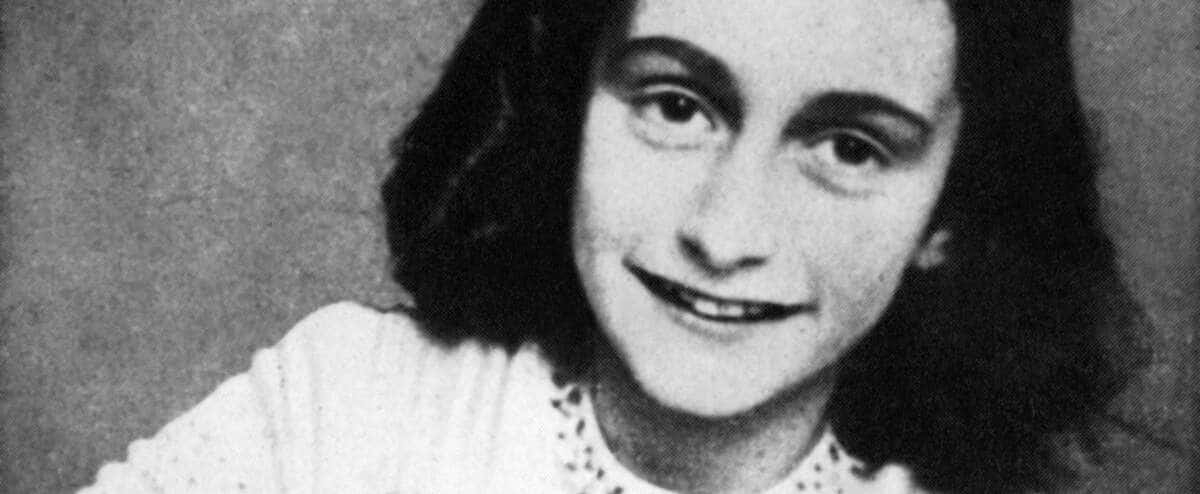Dutch police on Friday announced they were investigating the projection of a laser message onto the Anne Frank House in Amsterdam, an “anti-Semitic” act that the museum and the prime minister say is unacceptable.
The report referred to a right-wing extremist conspiracy theory according to which the young Holocaust victim was not the author of the famous “Journal”, as shown by pictures of the presentation on a private American account on the social network Telegram.
“It happened this week, it was reported to us and we are investigating,” a spokesman for the Amsterdam police told AFP, declining to give details.
The Anne Frank House Museum, which operates the building, which is visited by around one million visitors every year, expressed “shock and disgust”. He told AFP he “reported the incident to the police” and is in contact with the city council and prosecutors.
He clarified that the laser message carved the writer’s first name: “Ann Frank, inventor of the ballpoint pen,” alluding to false claims that the famous diary was partly written with a type of pen that only fell into disuse after the war.
This theory is based on the discovery of several sheets covered with ballpoint writing found among Anne Frank’s papers in the 1980s, but which were actually accidentally left there by a researcher in the 1960s, Dutch media said.
The museum said it discovered the message was projected onto its facade for several minutes Monday night after a “hateful video” surfaced on Telegram.
“The authors use projection and video to attack the authenticity of Anne Frank’s diary and stir up hatred. It is an anti-Semitic and racist film,” the museum said.
“There is no place for anti-Semitism in our country; we can never and must never accept that,” Dutch Prime Minister Mark Rutte said on Twitter.
The incident shows the need for legislation criminalizing Holocaust denial in the Netherlands, Justice Minister Dilan Yesilgoz-Zegerius added in a tweet.
The mayor of Amsterdam, Femke Halsema, condemned the act, calling it “pure anti-Semitism”.
The Jewish teenager and her family hid in a back building by a canal for two years during the Nazi occupation of the Netherlands during World War II before being captured in 1944.
Anne and her sister died in Bergen-Belsen concentration camp in 1945. Her diary, found by her father Otto, became one of the most influential accounts of the Holocaust, selling around 30 million copies.
In January, Dutch police said they were investigating the display of racist slogans on Rotterdam’s Erasmus Bridge during New Year’s Eve celebrations.

